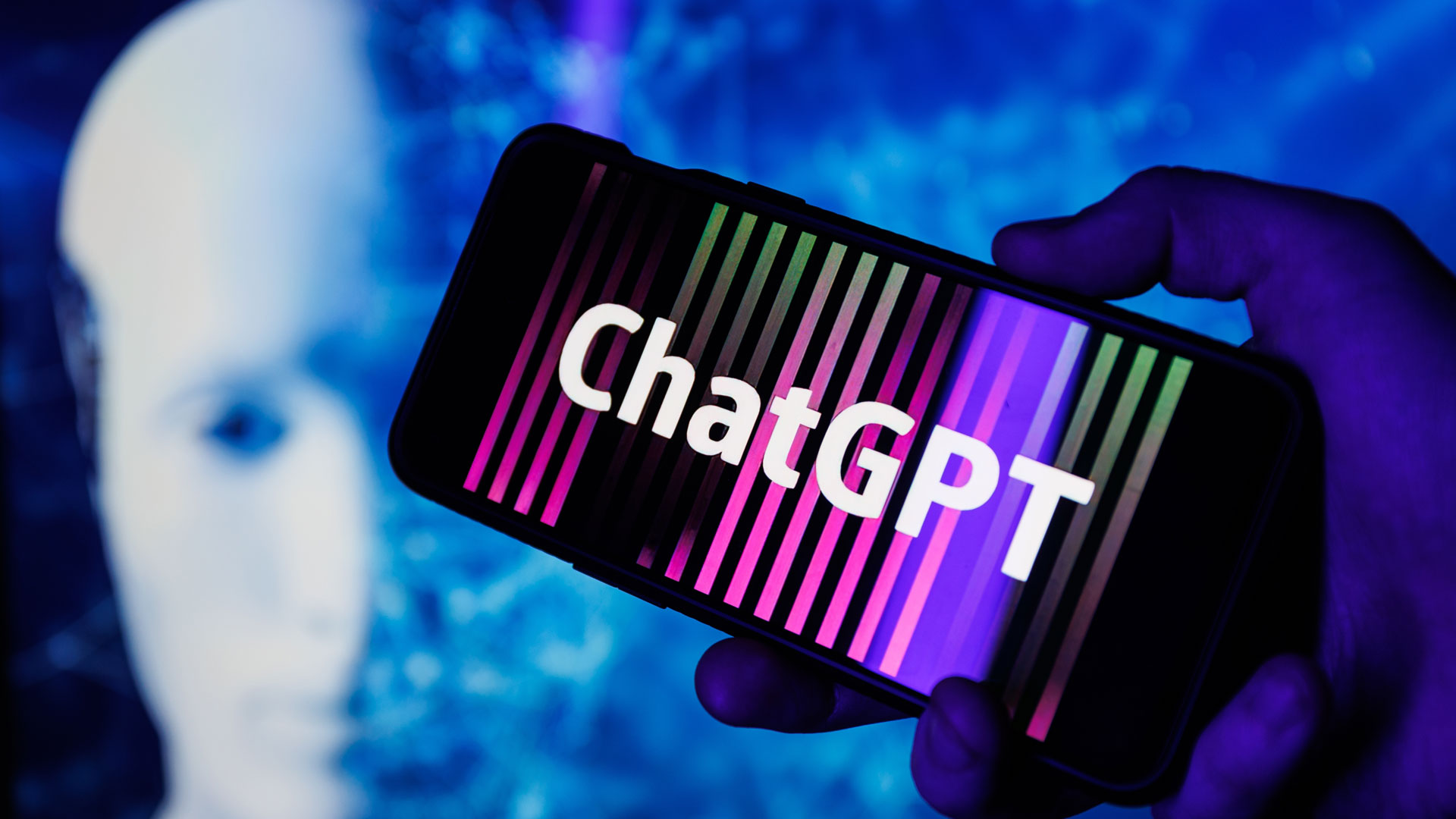Happy birthday ChatGPT – you still haven't put me out of a job
OpenAI's revolutionary creation turns one

Sign up for breaking news, reviews, opinion, top tech deals, and more.
You are now subscribed
Your newsletter sign-up was successful
A few days after ChatGPT was delivered to the world through the midwifery of OpenAI, and, if we're being honest, the womb of Nvidia GPU, I started playing with the generative AI platform, asking it to write about one of my favorite topics but in my style of writing. I joked in a tweet that I was obsolete.
A year later and I'm not obsolete, and few journalists like me have lost their jobs as a direct result of ChatGPT or AI in general (though publishers have tried and failed, spectacularly in some cases, to use it to replace writers). I'm not arguing that some in media haven't lost their jobs or been deprived of work as a result of the rise of ChatGPT and its imitators, but direct cause and effect on a significant scale is not there yet.
ChatGPT has seen remarkable growth, and quite a bit of turmoil (Sam Altman is still the CEO, right?) in the year since it first burst onto the scene and made people question their livelihoods, among other things. I took a vacation just two months after the launch and I vividly recall a conversation with a retired cop, a man who had little knowledge of or interest in technology or AI, who was worrying about how his young adult children would compete for work in a ChatGPT-automated world.
Rarely have we seen a new technology migrate from media and tech industry fascination to broad public awareness and concern so quickly.
I'm obsolete. #ChatGPT pic.twitter.com/hEEP6VX3WJDecember 2, 2022
The real ChatGPT
We understand ChatGPT as an entity in much the same way we obsess over celebrities. At first, we loved it, and we couldn't wait to see what information the large language model (LLM) would spit out based on our prompts next; but in short order, we were digging in and finding out that its front of confident knowledge was hiding a sometimes muddled and confused mess of hallucinations and misinformation. When ChatGPT was right, it was very right, when it was wrong, it was mind-blowingly so.
A year ago, though, I think I should have recognized that while ChatGPT could mimic creativity and even attempt to ape my writing style, it generally failed. It could do the one-off haiku or poem, help program a game, and even pitch in on generating movie scripts but, especially in those early days, it usually ran out of stream, creativity, and ideas. And when it didn't, it was just regurgitating ideas it found in its original data sources (everyone's content). Essentially, we were all, in a way, reading our own words, just reordered to appear new.
This answer sounds smart but offers no lightbulb ideas. Guess an AI can only know what is known. #ChatGPT pic.twitter.com/9UXHa1GIbwDecember 2, 2022
Things are moving fast
Granted, today's ChatGPT, which is powered by GPT 3.5 (free version) and GPT-4 Turbo, is a far cry from the uninspired answers I got from the original ChatGPT. I recall that when early on I asked ChatGPT about ways to make the iPhone better, it based its answer on the known universe of technology and offered no innovative leaps. ChatGPT essentially only knew what we knew.
Sign up for breaking news, reviews, opinion, top tech deals, and more.
Certainly, the original ChatGPT was not worthy of the existential crises the current version – and whatever OpenAI has up its sleeve – currently threaten. On the other hand, I and many other creators are still standing, and it occurs to me that there may be a reason why. As fast as AI develops, programmers, artists, writers, designers, filmmakers, and musicians also develop new ways to create. In some cases they tap into the power of AI themselves, and in others they simply go a different way.
There will always be something ineffable about the human creative spirit and its output – it's like its own watermark – I still don't believe AI shares that. There's always a sign that what you're seeing, reading, or listening to was not created by human hands. Sometimes, it's the perfection; other times it's the disturbing imperfections (six fingers anyone?).
Twelve months ago ChatGPT launched an AI revolution, but it was not the beginning of the end for me or you. At least not yet.
You might also like

A 38-year industry veteran and award-winning journalist, Lance has covered technology since PCs were the size of suitcases and “on line” meant “waiting.” He’s a former Lifewire Editor-in-Chief, Mashable Editor-in-Chief, and, before that, Editor in Chief of PCMag.com and Senior Vice President of Content for Ziff Davis, Inc. He also wrote a popular, weekly tech column for Medium called The Upgrade.
Lance Ulanoff makes frequent appearances on national, international, and local news programs including Live with Kelly and Mark, the Today Show, Good Morning America, CNBC, CNN, and the BBC.